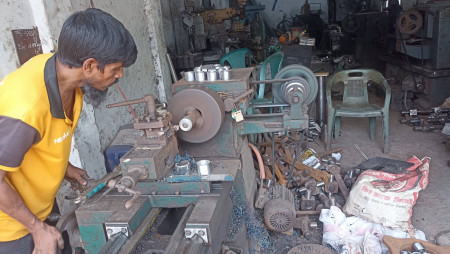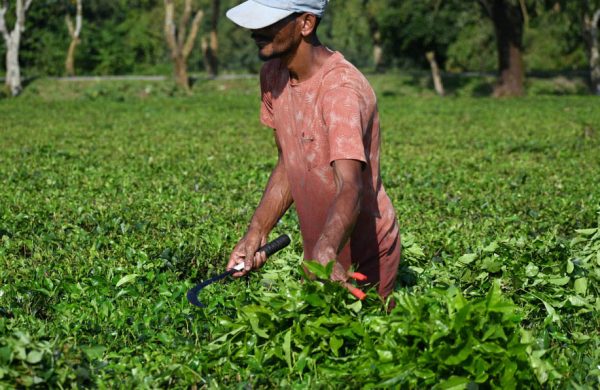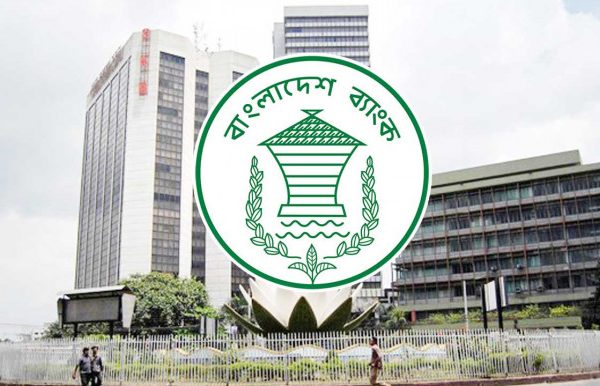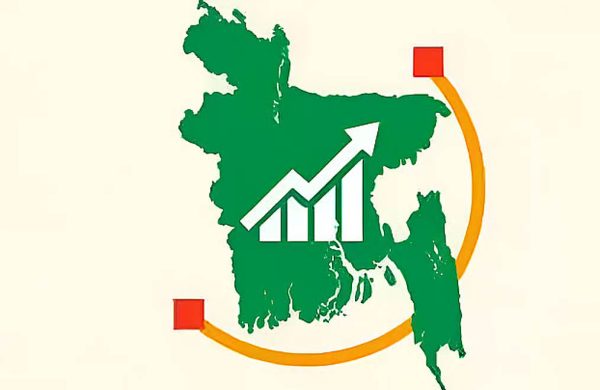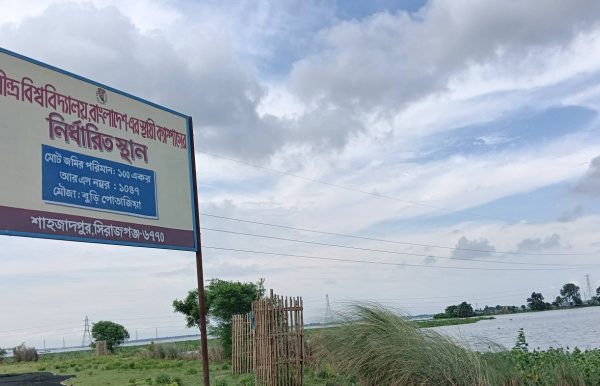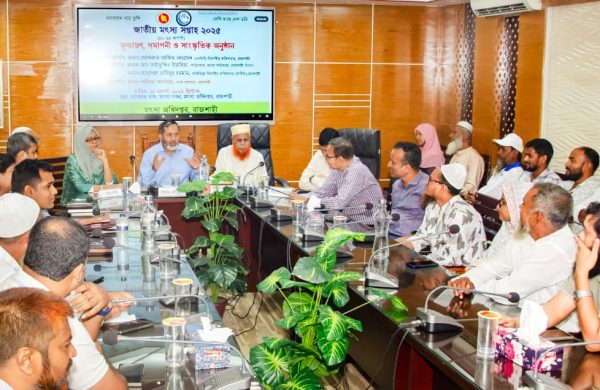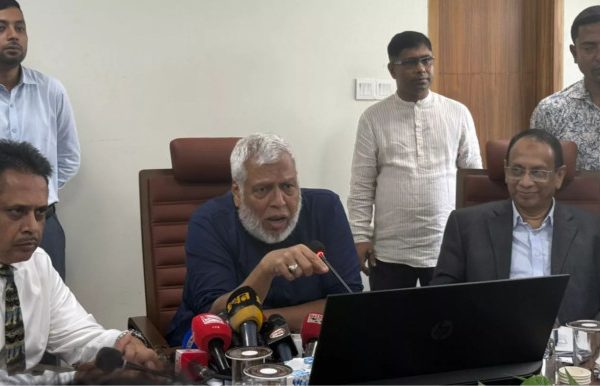Red tape blocks access to SME finance in Bangladesh
- Update Time : Monday, August 25, 2025
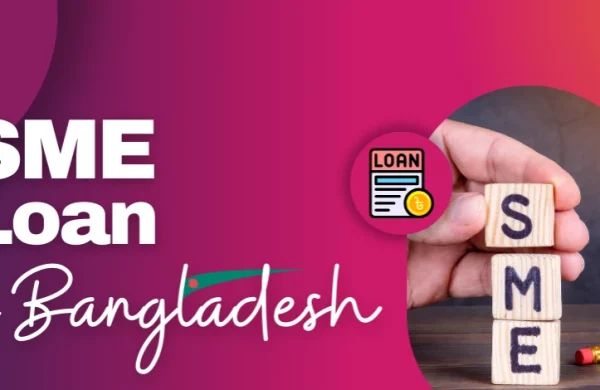
Tangail Correspondent:
The taka lost nearly a third of its value in the time Nasima Akter spent waiting for a loan to expand her tailoring shop in Kalihati of Tangail.
Nasima waited for about two long years. At the end of 2023, she finally received a loan of Tk 2 lakh, less than half of what she had sought for buying five sewing machines, for accommodating which she had already invested in space expansion immediately after applying for the loan.
She had no idea that a small business loan could take so long to be granted and involve so much trouble—production of 31 types of documents while keeping the patience to face her unfriendly bank lenders and their rather rude questions.
“This was quite a journey. Getting 31 types of documents is like making the impossible possible. But it was not enough. Bank officials were highly unfriendly and in the habit of easily losing their temper to refuse loans,” she added.
Nasima eventually managed to buy three sewing machines by borrowing from other sources. She decided she would never go through so much suffering again for an SME loan.
“I don’t dream of expanding my business anymore. I just want to survive,” she said.
For a long time, Nasima pondered the need for all those documents—business license, VAT & tax certificates, land and outlet deeds, and business transaction records. She even had to obtain a recommendation from a local influential person to get the loan.
“I believe they tried their best to make me feel bad. They are trying to discourage small businesses from going to them,” said Nasima.
Nasima’s experience is not an isolated incident. Owners of small and medium enterprises often complain about red tape blocking their access to finance.
SMEs also complain about high interest rates. On paper, the interest rate is around nine per cent when the loan is accessed from a bank. But banks make every effort possible to keep SMEs at bay. Banks prefer to disburse loans through microcredit institutions, borrowing from which means the interest rate doubles.
Many educated and trained youths are wasting away their lives because they do not have the money to start their businesses, or the existing financing mechanism is too hard to navigate through.
The outcome is that the SME sector never achieves its target.
The central bank, Bangladesh Bank, has an SME & Special Programmes Department (SMESPD), established in December 2009. The SME sector accounts for 25% of GDP. Banks and financial institutions are guided by the central bank’s framework when formulating their SME credit policies.
A specific refinance scheme of 25000 crore has been introduced to ease loan disbursement in the Cottage, Micro, Small, and Medium Enterprises sector. The Bangladesh Bank provides guidelines, acting as a minimum benchmark for financial institutions to follow in their SME lending practices.
Bangladesh Bank has so far disbursed a total of Tk47821 crore among 323734 entrepreneurs in the CMSME sector till March of 2025. Of which 10 percent disbursed to the informal sector, 9 percent to the cottage, 39 percent to the micro to CMSME, and 38 percent to the small to CMSME.
The central bank data shows that in 2024, different banks disbursed over Tk2.14 lakh crore in the country, which is lower than the Tk2.29 lakh crore of the previous year.
“The BB should revise its policy to ease access to finance, particularly for small traders,” Professor Mustafizur Rahman, distinguished fellow at the Centre for Policy Dialogue, told UNB.
SMEs and CMSMEs are vital sources of employment generation, he said.
Studies indicated that over 40 percent of SMEs lacked access to formal finance. Women-led SMEs, in particular, face additional systemic biases and limited support mechanisms.
Life for SMEs grew even more troublesome, for the cost of their raw materials and energy went through the roof over the past several years, increasing their production cost, leading many to bankruptcy.
The Ministry of Industries is preparing the “SME Policy 2025,” which is expected to provide a comprehensive roadmap for growth in the sector.
Experts and trade body leaders find a robust growth of the SME sector essential for Bangladesh to achieve its economic development goals.


